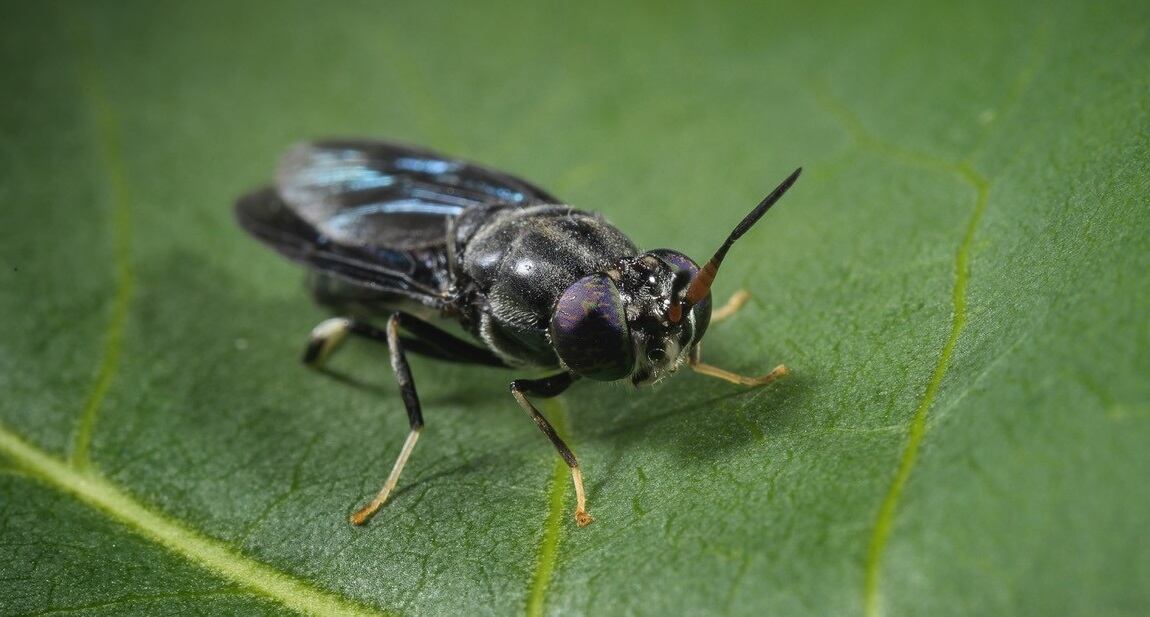The two-prong deal announced this morning also allows Tyson Foods to tap into the growing upcycling food movement by redirecting its existing byproducts from its beef, poultry and pork business as feedstock for Protix’s insects to create new circular products, such as pet food, aquaculture and digested feedstock, that will bring in a new revenue stream.
“Our partnership with Protix represents the latest strategic investment by Tyson Foods in groundbreaking solutions that drive added value to Tyson Foods’ business,” Tyson Foods CFO John R. Tyson said in a statement. “The insect lifecycle provides the opportunity for full circularity within our value chain, strengthening our commitment to building a more sustainable food system for the future.”
A two-prong partnership
While specific financial terms of the partnership were not disclosed, Tyson agreed to acquire a minority stake in Protix through a direct equity investment to help fund Protix global expansion.
Tyson also entered into a joint venture with Protix to construct and operate in the US a facility that will “house an enclosed system to support all aspects of insect protein production, including the breeding, incubating and hatching of insect larvae” that can be used for aquaculture, pet food and livestock- and plant-feed.
The new plant, which is slated to open in 2025, will be larger than Protix’s existing facility in the Netherlands, which opened in 2019 and produces and processes 14,000 metric tons of LLE annually.
Tyson’s fluid approach to protein
Before the deal was inked, Tyson Foods and Protix worked together alongside Mars Inc. and other insect farming specialists to support the creation of a Center for Environmental Sustainability through Insect Farming at Texas A&M College of Agriculture and Life Sciences with support from Mississippi State University and Indiana University-Purdue University.
As part of Tyson’s larger plan to diversify its protein selection and offer more sustainable products, it quietly launched a plant-based chicken nugget under its name and logo this summer. This is the first time the company’s name has appeared on such products with previous plant-based offerings coming under Tyson’s Raised & Rooted brand.
This launch, along with the evolution of Raised & Rooted from its initial concept as a meat-plant hybrid blend to only plant-based also illustrates Tyson’s fluid approach to testing new protein sources and formats without losing sight of its bottom line.




